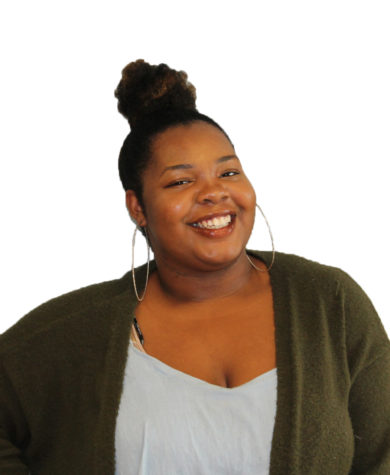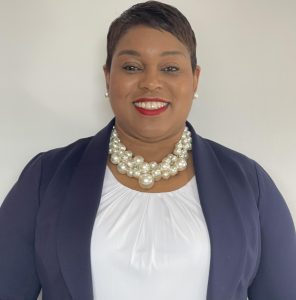Congressional Black Caucus Convention
Annual Event Draws Leaders, Community Members, and the President

October 17, 2016
The Congressional Black Caucus Convention on September 15th at the Washington Convention Center was an event that centered on one key phrase: “What’s at stake.” This mantra was repeated often during the day-long event that consisted of a town hall meeting, multiple workshops, and that ended with a gala where President Barack Obama spoke.
After a slow and difficult process of registration, the first event that took place was The Congressional Town Hall meeting, which utilized the theme of the event What’s at Stake” – as it’s title. The town hall meeting, had a great impact on the massive amount of brothers and sisters in attendance.
Police brutality, the Black Lives Matter Movement, and mass incarceration were the biggest topics discussed at the Town Hall. As the world knows, this year has been one of great turmoil and loss for the black community and as these issues in particular have caused significant strife in the nation. There were seven panelist and one mediator.
One of the questions at the Town Hall event was asked by April Ryan, a veteran White House correspondent and mediator of the town hall, who asked, “ When we say black lives matter, what do we mean?” Dr. Melina Abdullah, a professor of pan-african studies at California State University, Los Angeles quickly replied with an authoritative tone, “ This means acknowledging black lives and the struggles…we are talking about the conditions we face in America.” Dr. Abdullah’s answer resulted in an eruption of applause by not only the other panelists, but the crowd as well.
The conversation between panelists regarding police brutality and trust in the police led to a heated debate. Both Dr. Abdullah and Dr. Julianne Malveaux, an economist, author, and a job as a liberal social and political communicator, both made valid points. Dr. Malveaux stated referring to police, “ -I’ll trust you when you treat me right and do your job. Trust is earned.”
Although this statement resulted in applause by the audience, Dr. Abdullah fired back to Dr. Malveaux’s statement by stating the history of the police in the United States. She stated, “Policing came from slave catching; the system is designed in this way. Good people do bad things because of the system.” After this point was made it seemed that fuel had been added to an already burning flame as each panelist began over talking over each other to get their voices heard.
Once the debate on the topic of police simmered down, the panel turned their attention to the issue of the mass incarceration rate. LaTanja Silvester, a social worker for the state of Louisiana, shared that , Louisiana has the highest rate of incarceration for African American men in the U.S and most of it is because of drugs. Ms.Sylvester, acknowledged the fact that, 14% of African Americans in Louisiana do drugs and due this high percentage many of this percent are has led to high rates of incarceration as well as incarcerated because of drug connection and gang affiliation.
To keep young black men from reaching the point of incarceration, Ms. Packnett, provided four points that she believes can make a difference:, “ Hold high expectations {don’t let your children settle for less}, their culture is meaningful {don’t let people take away who they are and where they came from}, and treat them like learners and readers because education frees the oppressed and oppressor { treat your children as young educated people because education frees a person}.”
After the town hall meeting, the event continued for two more days. During these days, attendees experienced many more events including breakout sessions, speeches, and the final evening gala of the convention where President Obama spoke.













































Benita R. Lawrence • Oct 25, 2016 at 8:22 AM
The author captured the events in an interesting and informative matter. Great job Katelyn. You have a wonderful journalistic future ahead of you.
Pam Carter • Oct 24, 2016 at 10:51 PM
Very well written article! Job well done.
Lolita Perry • Oct 22, 2016 at 5:34 PM
This was a great summary of three events. The author made me feel like I was there. Great Job!
Toyria Cromer • Oct 22, 2016 at 10:16 AM
Great article Katelynn. Keep up the good work….